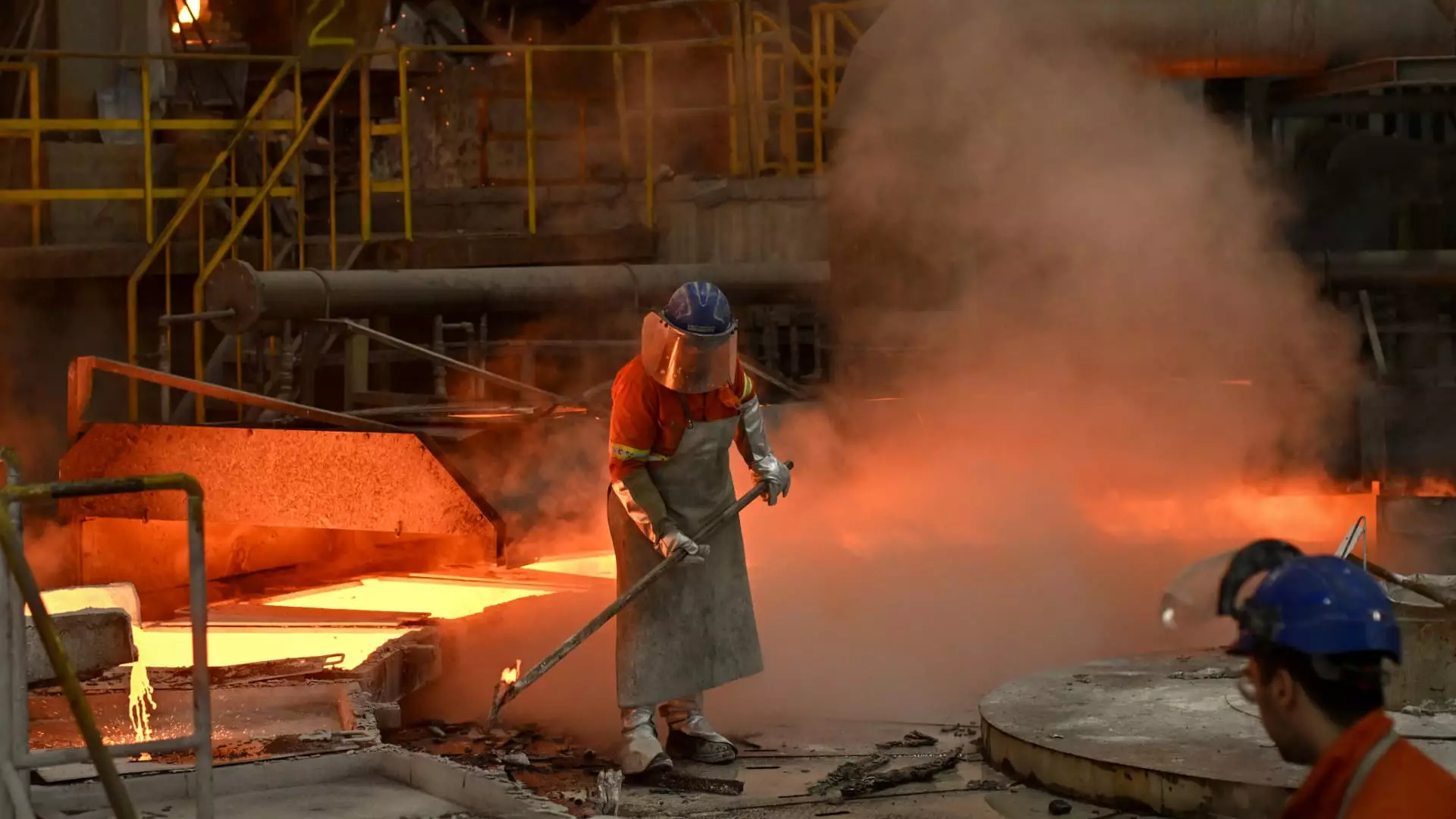The world’s largest wealth fund, Norges Bank Investment Management (NBIM), has expressed concerns about the potential impact of a commodities rally on inflation expectations. Nicolai Tangen, the CEO of NBIM, highlighted the risks associated with soaring energy and raw material prices in financial markets.
The recent surge in commodity prices, as indicated by the S&P GSCI index, has outpaced the performance of the broader S&P 500 index. Oil, copper, and gold prices have experienced significant increases since the beginning of the year. Tangen emphasized that if energy and raw material prices continue to rise, it could lead to higher end-product prices, thus fueling inflation.
Major central banks are closely monitoring the situation, as elevated commodity prices could pose a challenge in managing inflation. The European Central Bank (ECB) President, Christine Lagarde, highlighted the impact of commodity prices on the institution’s monetary policy decisions. She mentioned that the ECB would need to be vigilant about commodity price movements and their direct impact on inflation.
NBIM manages the Norwegian Government Pension Fund Global, which is recognized as the world’s largest sovereign wealth fund. Established in the 1990s to invest surplus revenues from Norway’s oil and gas sector, the fund has diversified its investments across thousands of companies in various countries.
Factors Influencing Inflation Expectations
Tangen acknowledged the multiple factors contributing to inflation pressures, including geopolitical tensions, near-shoring, climate effects on food production, changes in trading routes, and wage inflation. He highlighted that central banks might need to adopt different strategies based on local inflationary conditions.
Market Expectations and Rate Cuts
Market expectations for interest rate cuts have been fluctuating, with some anticipating a near-term rate cut by the ECB. In contrast, U.S. inflation has remained around 3%, leading to speculations about a potential rate cut by the Federal Reserve. Tangen expressed skepticism about central banks’ ability to lower inflation towards target levels and suggested that market reactions may not align with actual policy decisions.
The impact of commodity markets on inflation expectations remains a significant concern for investors and central banks. The current scenario of rising energy and raw material prices poses a challenge in managing inflationary pressures. As central banks navigate through these uncertainties, it is crucial to remain vigilant and adaptive to the evolving economic landscape.


Leave a Reply